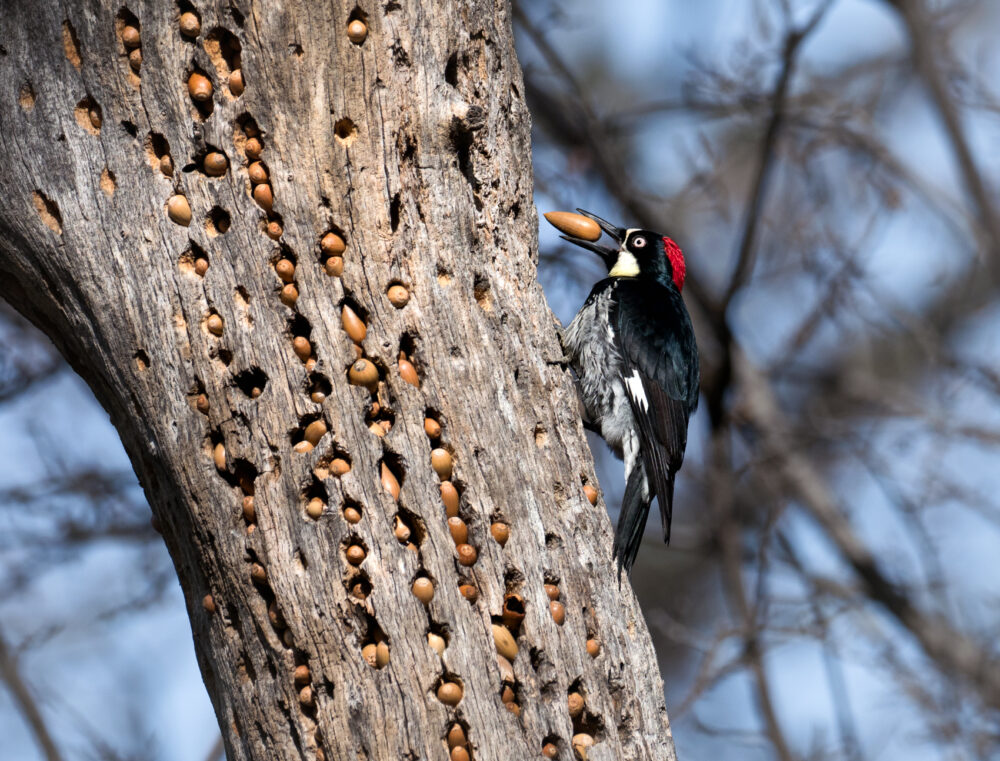We have much more to do and your continued support is needed now more than ever.
Guest Post by Rep. Ron Kind (D-WI): Why the Healthy Kids Outdoors Act is Important
 Congressman Ron Kind grew up in La Crosse, WI, and is honored to represent the people of his home district to this day. He is a longtime advocate of conserving our natural heritage and a fierce defender of America’s National Parks and National Wildlife Refuge systems. With Sen. Mark Udall (CO), he introduced the Healthy Kids Outdoors Act to support state, local and federal strategies to connect youth and families with the natural world, improve children’s health and support future economic growth and conservation efforts. The bill has the support of the Outdoors Alliance for Kids, a broad coalition of groups with an interest in getting nature back into American childhood.
Congressman Ron Kind grew up in La Crosse, WI, and is honored to represent the people of his home district to this day. He is a longtime advocate of conserving our natural heritage and a fierce defender of America’s National Parks and National Wildlife Refuge systems. With Sen. Mark Udall (CO), he introduced the Healthy Kids Outdoors Act to support state, local and federal strategies to connect youth and families with the natural world, improve children’s health and support future economic growth and conservation efforts. The bill has the support of the Outdoors Alliance for Kids, a broad coalition of groups with an interest in getting nature back into American childhood.
For many years, I have been concerned with the increase in sedentary and nature deficient lifestyles among Americans, especially among our youth. Kids today spend less time outdoors than any other generation in history. As a result, more kids are overweight and obese and suffer from stress, anxiety, and depression than ever before.
But it’s not too late to reverse these trends. I recently joined with my colleague and friend, Senator Mark Udall, in introducing the Healthy Kids Outdoors Act. Increasing our time outdoors has countless physical and mental benefits. This bill will provide federal assistance and support to state and local entities to enact strategies to connect people—especially young people—with nature, ensuring access and opportunities to garner the benefits of an active lifestyle outdoors.
Health Benefits
 Today, kids spend an average of 7.5 hours a day in front of electronic devices and as few as four minutes each day outside. Not only are these kids missing out on our country’s scenic wonders, but they are becoming increasingly overweight and obese. Approximately 13 million U.S. children and adolescents are obese, a rate that has tripled since 1980. Estimated at $14 billion annual, childhood obesity health expenses are taking a toll on our health care system.
Today, kids spend an average of 7.5 hours a day in front of electronic devices and as few as four minutes each day outside. Not only are these kids missing out on our country’s scenic wonders, but they are becoming increasingly overweight and obese. Approximately 13 million U.S. children and adolescents are obese, a rate that has tripled since 1980. Estimated at $14 billion annual, childhood obesity health expenses are taking a toll on our health care system.
As we consider these costs and the health of our children, we should also take a look at recent research that shows that kids who spend time outside are not only more physically active, but better behaved and more intellectually engaged.
Economic Benefits
Outdoor recreation is estimated to contribute over $9.7 billion annually to Wisconsin’s economy and support 129,000 jobs. According to the most recent USFWS-sponsored survey, 2.9 million people fished, hunted or participated in other wildlife recreation in Wisconsin in 2006, spending some $3.9 billion. On a national level, outdoor recreation contributes $730 billion annually to the economy (including $289 billion in retail sales and services), supports 6.5 million jobs, and provides sustainable growth in many rural communities—one more reason to encourage it and make it accessible.
Conservation Benefits
With increased sedentary lifestyles comes a lack of a connection to nature, threatening the future of conservation in this country. A 2006 study from Cornell researchers found that participating in outdoor activities like hiking, hunting or camping as a kid positively impacts a person’s attitudes toward nature and environmentally conscious behavior as an adult. It also found that the most direct route to caring about environmental stewardship as an adult is participating in “wild nature activities” before the age of 11. That means that future generations of potential conservationists are here now, waiting for us to provide opportunities and access to get active outdoors.
Empowering state, local and federal agencies to develop plans to get people outside provides numerous benefits. It helps get our kids more active, stimulates the economy, and ensures the future of our natural resources. If we work together, I know we can make this a reality.





















